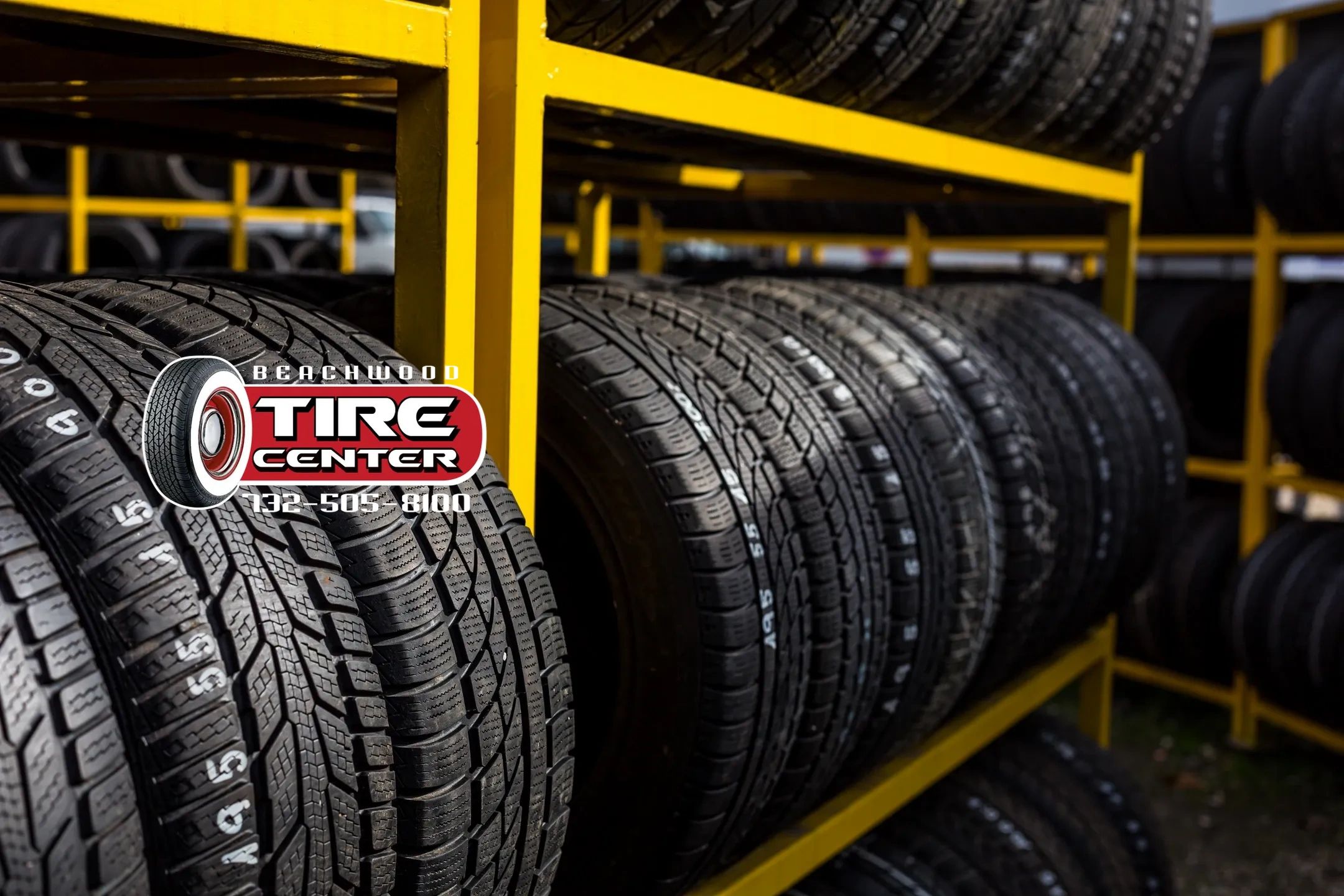Morris Tire Service Excellence: Where Proficiency Meets Your Tire Needs
Morris Tire Service Excellence: Where Proficiency Meets Your Tire Needs
Blog Article
The Environmental Benefits of Proper Tire Upkeep
Keeping correct tire treatment is typically forgotten, yet its impact on the environment is extensive. Correct tire maintenance not only expands the lifespan of tires but likewise decreases garbage dump waste and adds to improved air high quality.
Reduced Fuel Usage
Improving tire upkeep techniques can lead to a considerable reduction in fuel usage for vehicles. tire tracks morris il. Appropriately filled with air tires make certain optimum contact with the road surface, lowering moving resistance and improving fuel performance. According to the United State Division of Power, underinflated tires can lower gas mileage by 0.2% for every 1 psi decrease in pressure in all four tires. This may appear like a small portion, yet when increased by the variety of cars when driving, the collective impact is significant.
Along with tire pressure, regular tire turnings and alignments also play a vital duty in gas effectiveness. Unevenly worn tires can increase fuel intake as the engine functions harder to keep speed and traction. By maintaining correct placement and revolving tires at advised periods, motorists can make sure even put on and lengthen the life of their tires, eventually saving gas and reducing their carbon footprint.
Extended Tire Life-span
Expanding the life expectancy of tires is a vital facet of effective automobile upkeep methods that can yield price financial savings and environmental benefits in the future. By appropriately maintaining tires, drivers can significantly lengthen their usability, decreasing the regularity at which new tires require to be made and old ones dealt with. This not only conserves useful resources but also decreases the power and exhausts related to tire production and disposal processes.
Frequently inspecting tire stress, revolving tires, and guaranteeing proper placement are crucial steps in expanding tire lifespan. Sufficient tread deepness is essential for optimum grip and safety, however it likewise contributes in the length of time tires can be used prior to requiring substitute. In addition, staying clear of aggressive driving behaviors that increase tire wear, such as rough stopping and doglegs, can additionally boost tire sturdiness.
Ultimately, boosting the longevity of tires with positive upkeep not only benefits the setting by reducing waste and saving sources yet likewise results in cost financial savings for lorry owners by postponing the need for brand-new tire purchases.
Reduced Exhausts Result
Efficient tire maintenance practices add to a reduction in emissions result, lining up with ecological sustainability objectives in the vehicle industry. Appropriately filled with air tires, frequently revolved and lined up, can enhance gas performance, therefore lowering the general carbon dioxide exhausts from vehicles. When tires are underinflated, the engine needs to function more difficult to push the vehicle, causing raised fuel intake and higher exhausts. By maintaining optimum tire stress levels, drivers can aid mitigate these adverse environmental effects.
In addition, properly maintained tires likewise boost traction and lower rolling resistance, additionally enhancing gas performance. This, in turn, decreases the amount of exhaust gases launched into the environment. Furthermore, guaranteeing tires are effectively inflated and aligned can prolong the life expectancy of the tires, lowering the regularity of tire replacements and the associated ecological expenses of tire manufacturing and disposal.

Decreased Garbage Dump Waste
Given the favorable impact of correct tire upkeep on reducing emissions output, one more significant ecological advantage is the capacity go for reduced landfill waste. By ensuring that tires are appropriately blown up, aligned, balanced, and turned consistently, their life-span can be substantially extended.

Improved Air Top Quality
Enhancing air top quality through proper tire maintenance practices is a crucial element of sustainable environmental stewardship. When tires are underinflated, they create extra rolling resistance, bring about increased gas intake and higher emissions of harmful pollutants such as carbon monoxide and nitrogen oxides. Effectively inflated tires not just improve gas effectiveness but additionally decrease the amount of toxins launched into the air.
Furthermore, well-maintained tires with correct step view it depth and placement contribute to more secure driving conditions, decreasing the probability of mishaps that can cause the release of additional contaminants right into the atmosphere. By prolonging the life-span of tires via regular maintenance and rotation, less tires are thrown out too soon, lowering the environmental influence of tire disposal and manufacturing processes.
Conclusion
In conclusion, correct tire upkeep uses many environmental advantages. It is important for people to focus on tire upkeep as a straightforward hop over to here yet effective means to shield the setting for future generations.
Proper tire maintenance not just expands the lifespan of tires yet likewise lowers land fill waste and contributes to enhanced air quality - tire shop near me. By keeping proper alignment and turning tires at advised periods, vehicle drivers can make certain also prolong the life and use of their tires, ultimately saving fuel and minimizing their carbon impact
By correctly preserving tires, drivers can substantially prolong their functionality, lowering the frequency at which brand-new tires require to be manufactured and old ones disposed of.Routinely examining tire stress, revolving tires, and ensuring appropriate placement are crucial steps in prolonging tire life-span. Furthermore, guaranteeing tires are effectively blown up and aligned can extend the life expectancy of the tires, decreasing the frequency of tire substitutes and the linked environmental prices of tire production and disposal.
Report this page